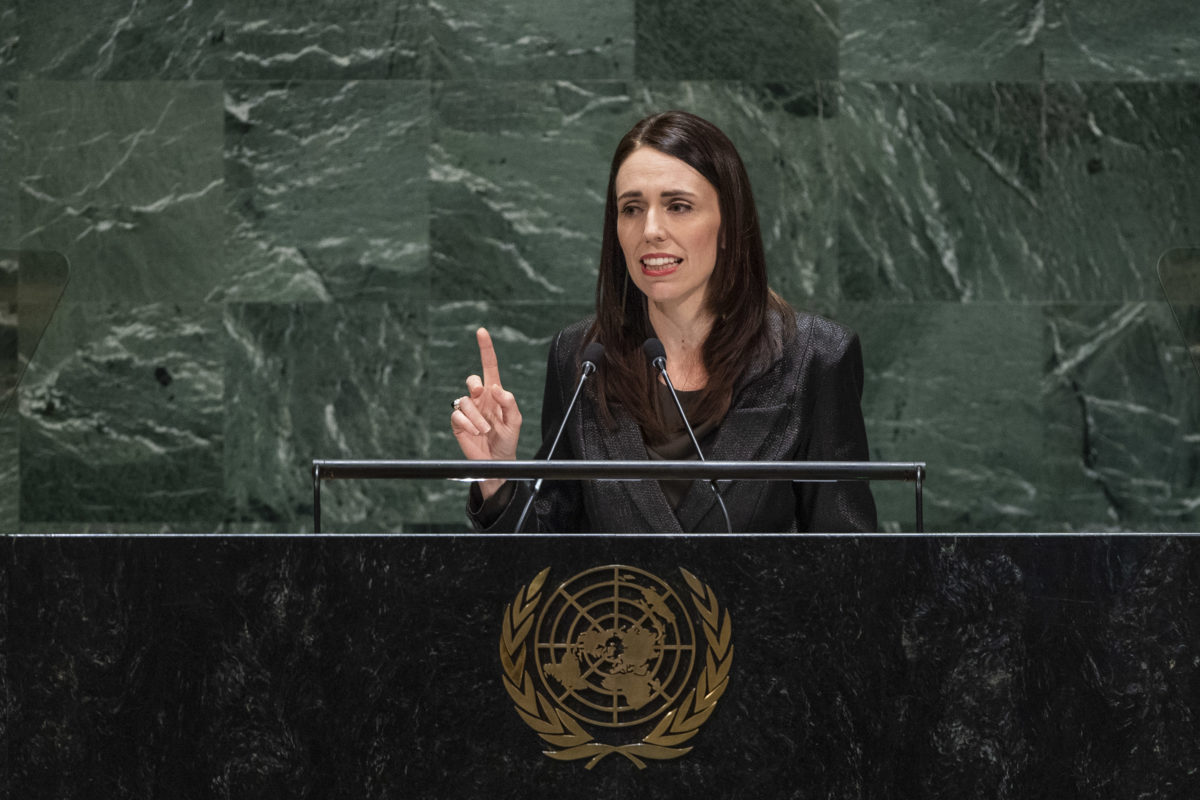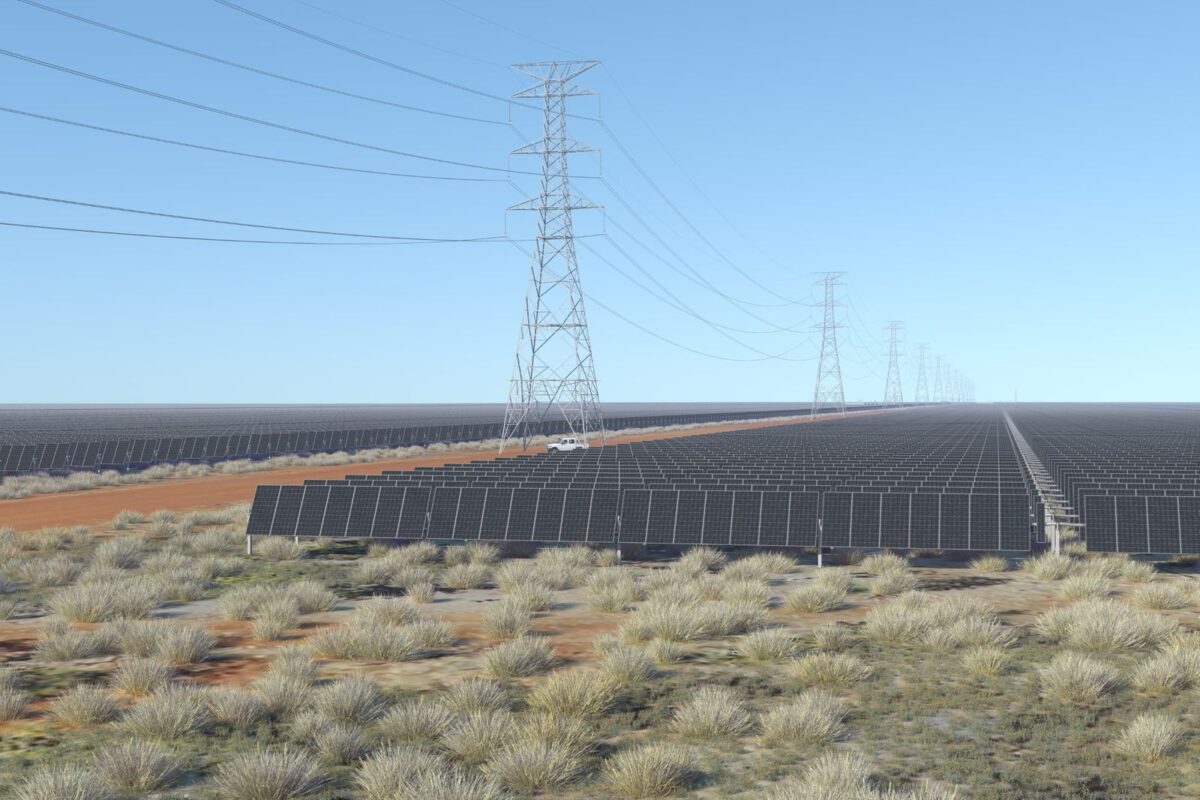New Zealand (NZ) Prime Minister Jacinda Ardern has announced negotiations with the leaders of Norway, Iceland, Fiji and Costa Rica today at the United Nations in New York.
The potential climate trade agreement, the Agreement on Climate Change, Trade and Sustainability (ACCTS), would be the first-of-its-kind. In a morning press release, the NZ PM said the agreement would use trade rules to tackle climate change.
“Tackling climate change is a long-term issue this Government is committed to,” said Ardern, “and that will require action both at home and abroad. It also needs to be addressed in trade rules.”
The ACCTS agreement intends to:
- Remove tariffs on environmental goods and make new commitments on environmental services
- Establish concrete commitments to eliminate fossil fuel subsidies
- Develop voluntary guidelines for eco-labelling programmes and mechanisms
In a joint statement, the five nations agreed that “All policy levers are needed to drive the transformation to low-emissions, climate-resilient and sustainable economies. It is our collective view that these levers can and must include trade policy, rules and architecture.”
Whilst the nations humbly acknowledge the relatively small impact their agreement might have, they believe ACCTS can show the world that international trade can work as an enormously productive cog in solving climate change and pushing the energy transition. Ardern stressed the importance of “removing trade barriers for green products and services and stopping pollution being subsidised.”
“Globally,” continued Ardern, “we are subsidising fossil fuel production and consumption to the tune of over $500 billion US dollars a year. This is the height of policy incoherence on an issue where we can’t afford to carry on the mistakes of the past.”
The NZ led negotiations will seek to establish prohibitions to fossil fuel subsidies. “Despite commitments from the G20 and APEC to remove fossil fuel subsidies, we are seeing dangerously little action occurring. Legally enforceable trade rules would change that,” argued Ardern.
Meanwhile, as fossil fuels are subsidised, environmentally helpful products and services, such as wind turbine parts and solar panels, attract tariffs. ACCTS will look to promote trade rules to incentivise environmentally sustainable products like solar panels.
ACCTS negotiations are expected to start in February 2020, and no dollar figures have been mentioned.
This content is protected by copyright and may not be reused. If you want to cooperate with us and would like to reuse some of our content, please contact: editors@pv-magazine.com.









By submitting this form you agree to pv magazine using your data for the purposes of publishing your comment.
Your personal data will only be disclosed or otherwise transmitted to third parties for the purposes of spam filtering or if this is necessary for technical maintenance of the website. Any other transfer to third parties will not take place unless this is justified on the basis of applicable data protection regulations or if pv magazine is legally obliged to do so.
You may revoke this consent at any time with effect for the future, in which case your personal data will be deleted immediately. Otherwise, your data will be deleted if pv magazine has processed your request or the purpose of data storage is fulfilled.
Further information on data privacy can be found in our Data Protection Policy.